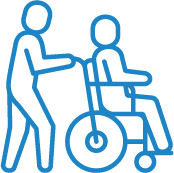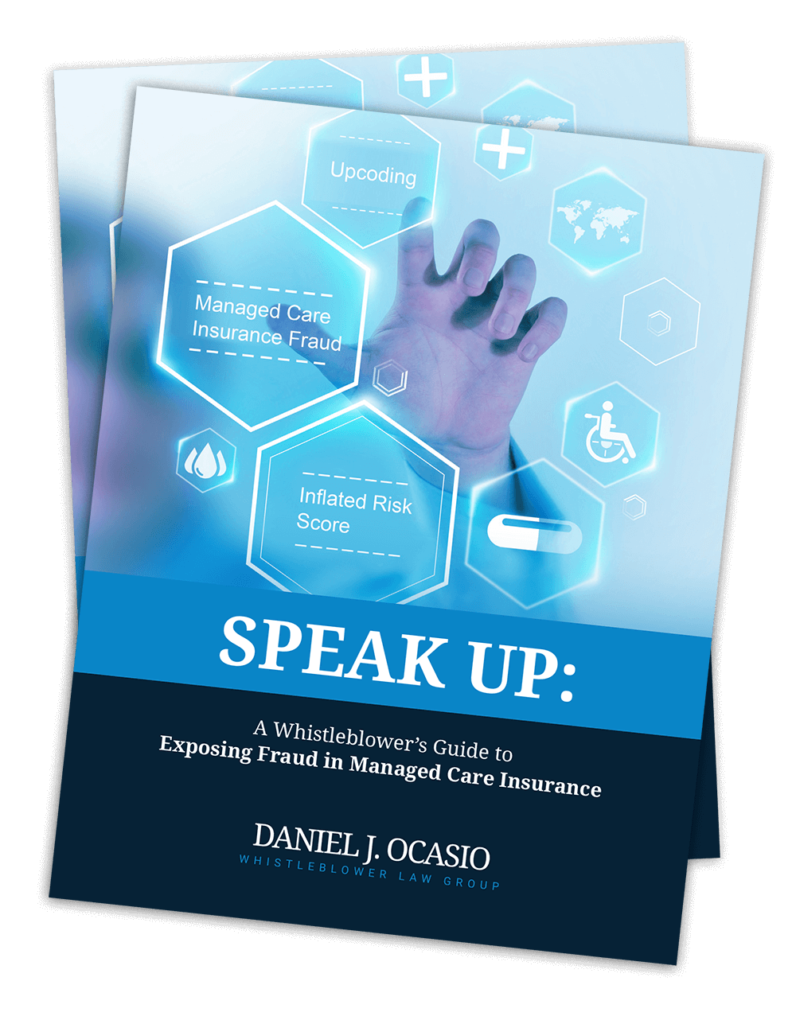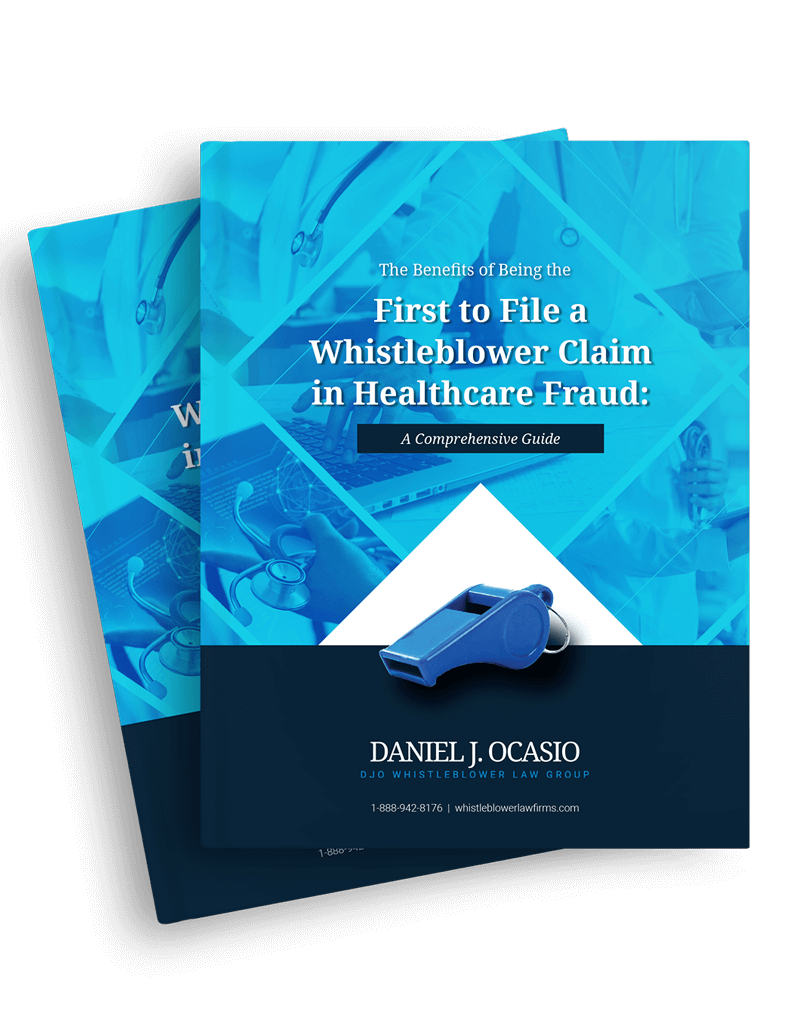Physical therapy fraud, occupational therapy fraud, and speech therapy fraud are all on the rise in nursing homes and often manifest in these common nursing home billing fraud schemes:
1. Billing for Services Not Provided: Instances where facilities charge Medicare for services they did not actually provide to nursing home patients.
2. Phantom Billing: Fraudulent billing for patients who do not exist or who are not under the care of the facility or for procedures that were never rendered.
3. Double Billing: Charging multiple times for the same service or item.
4. Upcoding: Inflating bills by using codes that suggest a more severe condition or a higher level of service than what was provided.
5. Billing for Unnecessary Goods or Services: Charging for medical equipment, medications, or treatments that were not medically necessary for the patient’s condition.
6. Kickbacks: Receiving improper payments or incentives in exchange for referrals or business that may produce false claims.
7. Managed Care Plan Fraud: Including patient recruiting or enrollment fraud or billing for medically unnecessary services.
5. Billing for Unnecessary Goods or Services: Charging for medical equipment, medications, or treatments that were not medically necessary for the patient’s condition.
6. Kickbacks: Receiving improper payments or incentives in exchange for referrals or business that may produce false claims.
7. Managed Care Plan Fraud: Including patient recruiting or enrollment fraud or billing for medically unnecessary services.

Medical Identity Theft:
Unlawfully obtaining and using someone else’s medical information.

Stealing Medicare or Medicaid Numbers:
Illegally acquiring and misusing beneficiaries’ identification numbers.


Mistreatment and Neglect:
Failure to provide proper care, leading to harm or endangerment of residents. Report this to your state’s Department of Health.
Our team is composed of highly experienced whistleblower experts who strive to deliver the highest monetary reward for brave individuals who have valuable information that can bring fraud to light.
If a whistleblower’s long-term care fraud lawsuit is successful, the reward can be up to 30% of the funds recovered. The False Claims Act also offers whistleblowers protection against job retaliation or wrongful termination.
We will be there every step of the way to ensure you are safe and your information is confidential so you will have confidence knowing you’re doing the right thing.
We understand that coming forward may feel overwhelming, but we are here to support you throughout every step of the process.
Here’s what you need to know:

Reporting with legal representation will strengthen your case, protect your rights, and can increase your chances of earning a significant reward.

Your initial consultation with us is completely confidential, and you are under no obligation to proceed.

Your information can help initiate investigations into fraudulent practices, ultimately leading to justice and a whistleblower reward.
To empower you further, we have compiled some valuable resources you can use to help you spot healthcare fraud in your organization and what to do when you see it.
Take a look!

Speak Up: A Whistleblower’s Guide to Exposing Fraud in Managed Care Insurance
This guide is intended to help those considering becoming a whistleblower to identify fraud and provide the knowledge, expertise, and support needed to seek justice.

The Benefits of Being the First-To-File a Whistleblower Claim: A Comprehensive Guide
Learn what it means to be “first to file,” why it’s important, and how working with a whistleblower attorney like DJO can significantly impact your potential to earn a reward.